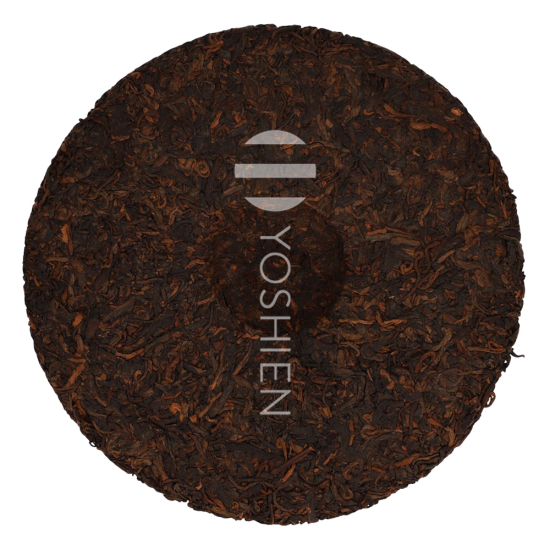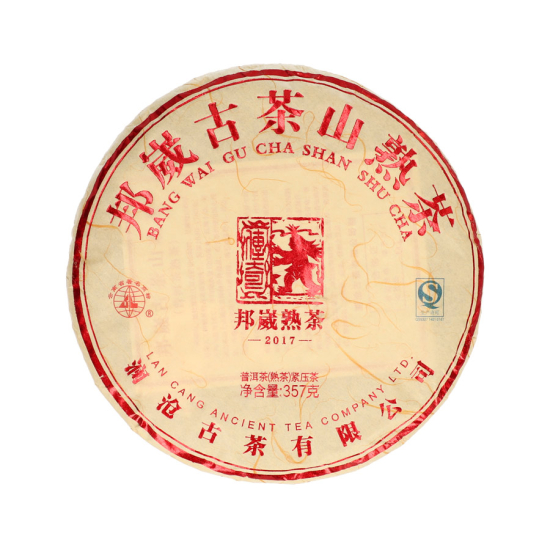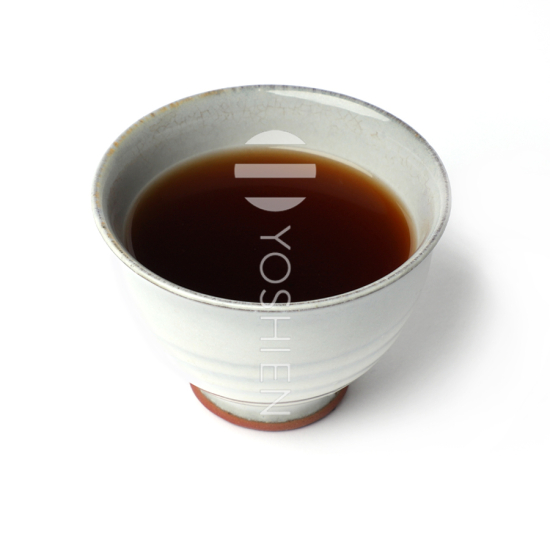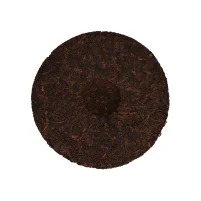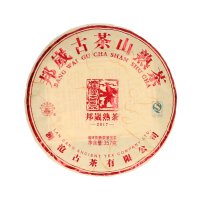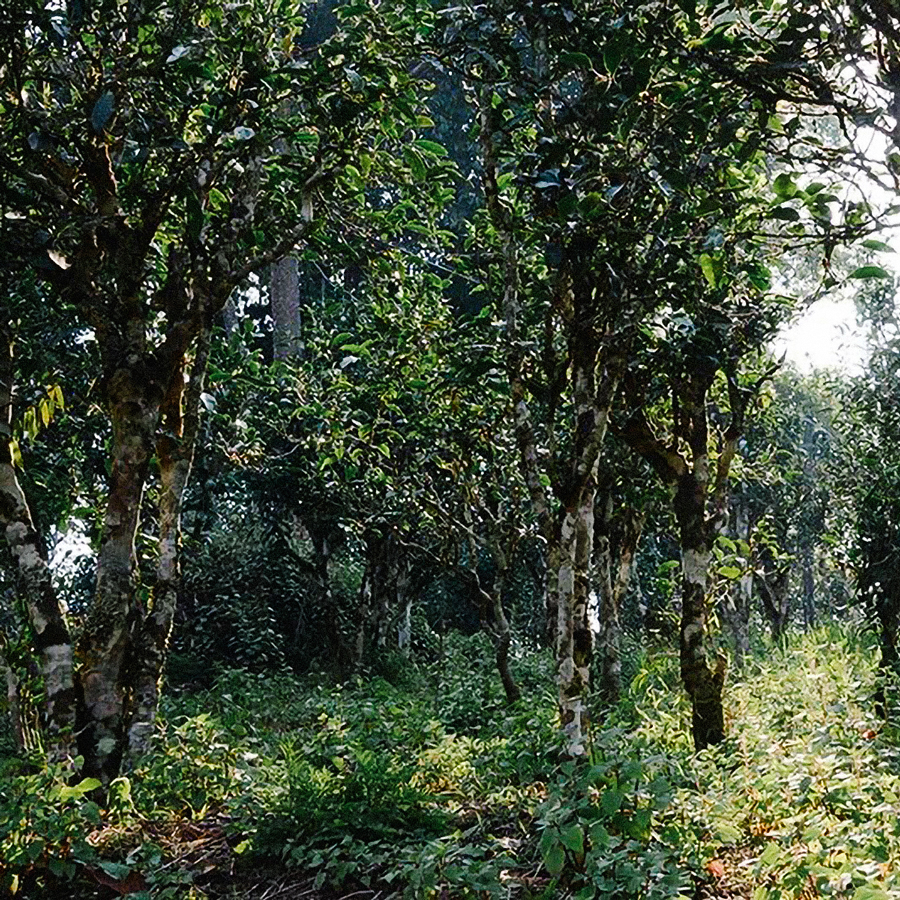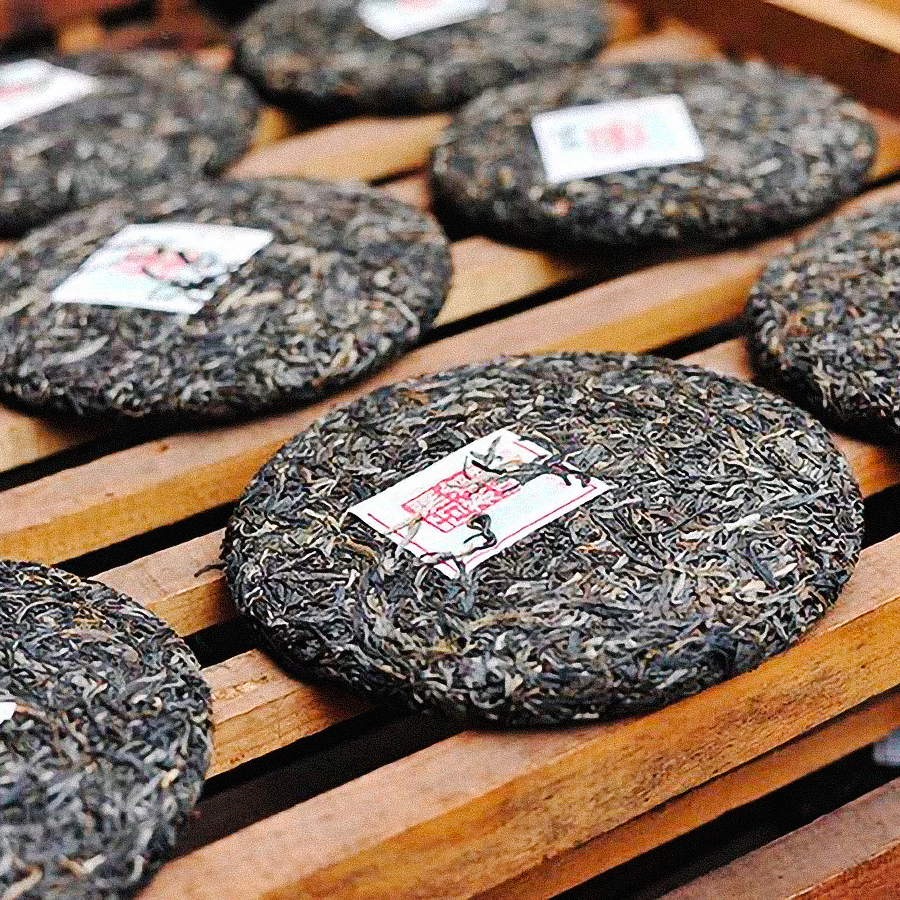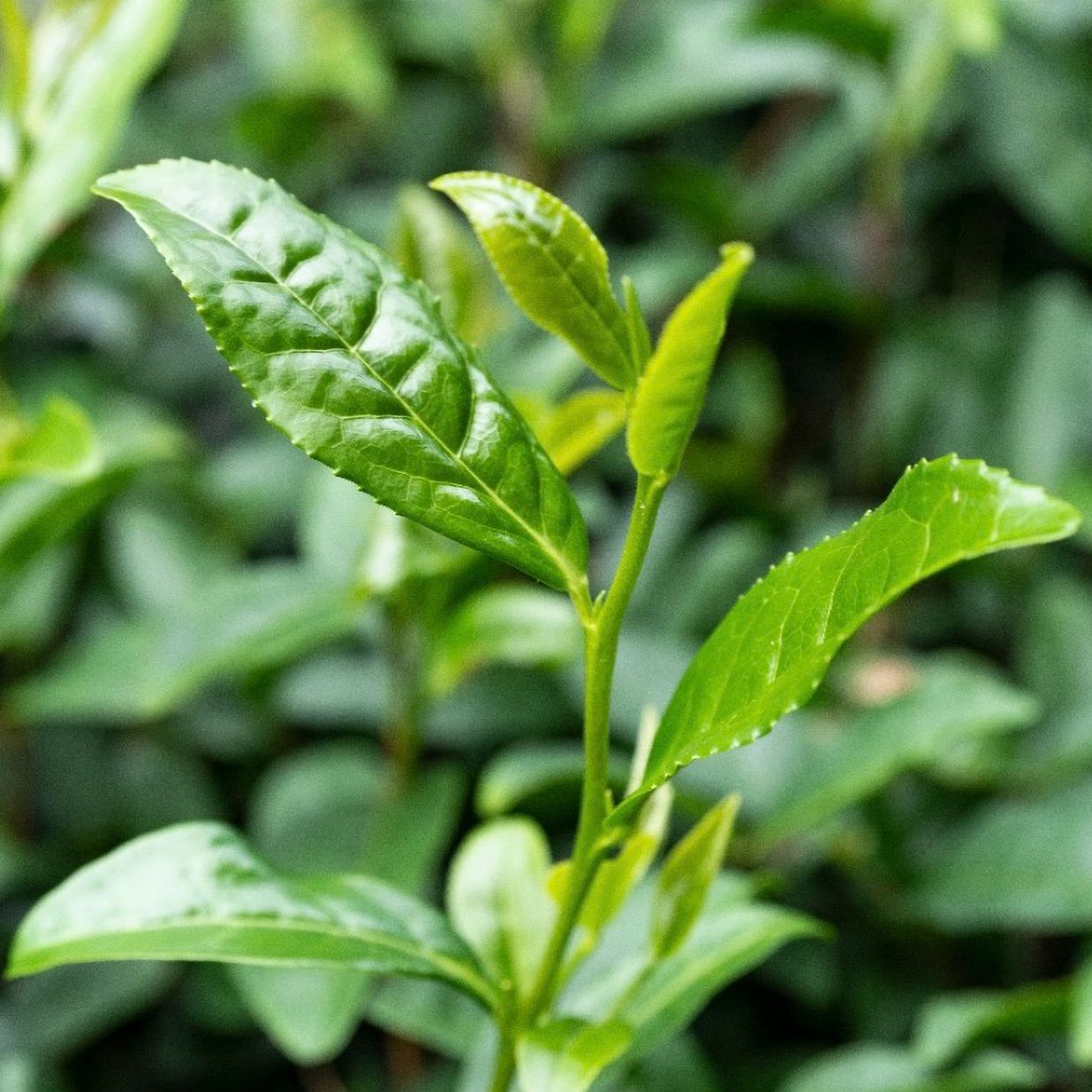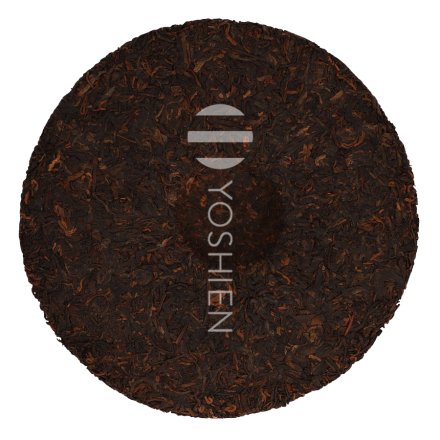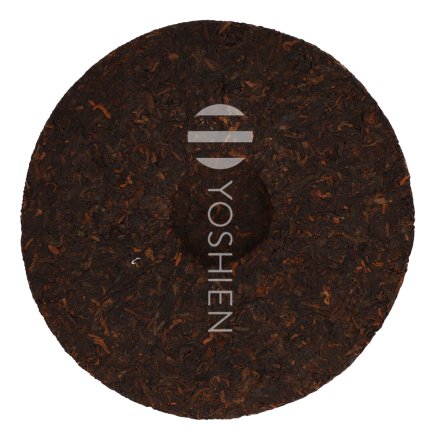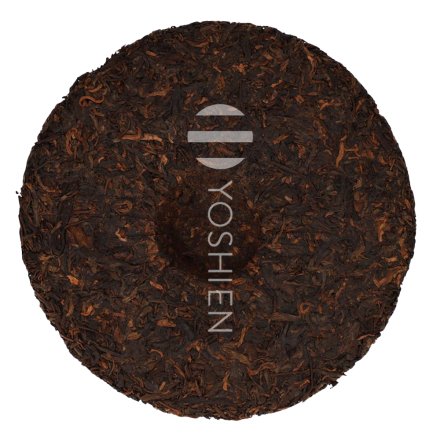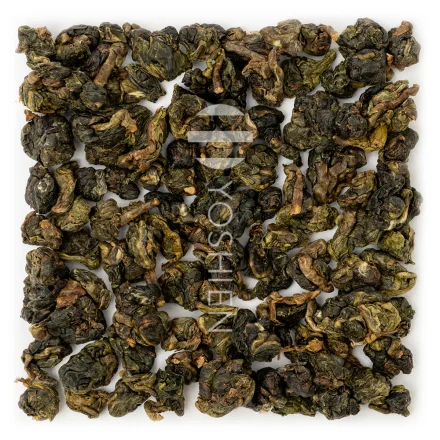As one of Yunnan's lesser-known tea regions, the area around Bangwei Mountain lies not in the far south within the Xishuangbanna prefecture, but slightly further north in the Pu Erh region. Within this region is also the city of Pu Erh itself – namesake of this distinctive tea. Historically, the city of Pu Erh served as the central trading hub for tea throughout Yunnan. Bangwei Mountain is located not far from this historically significant city.
The Bangwei Mountain tea region and its inhabitants, members of the Lahu ethnic minority, are said to share a connection to tea cultivation and trade that spans more than a thousand years. Within the village walls stands a tea tree believed to be around 1,000 years old, a living testament to this enduring tradition.
Storage
The tea was quickly fermented under carefully monitored conditions over a period of 45-60 days and then pressed into form. This tea was produced in 2017/2018 and stored in Guang Zhou, China. Since 2018 the tea has continued to be ripened under special conditions at Sunday Natural in Berlin.
Centuries-Old Pu-Erh Trees
The tea plants needed for producing Pu-Erh are autochthonous, large-leafed, and wild-grown tea plants. In contrast to generic tea plants grown around the world, this type does not grow as a bush, but rather as a tree that can live for up to thousands of years. Scientific study of the Camellia taliensis suggests that this tree is the common ancestor of all other types of tea. This cultivar is native to the region where China, Vietnam, Laos, and Myanmar meet. This is also where the Chinese province of Yunnan is located, and the history of Yunnan is also intertwined with the first known attempts to cultivate tea. For this reason, Yunnan is often considered the "cradle of all teas". In the tea forest of Yunnan, each tree has an individual character with a different shape and different cultures of moss and fungi. As such, each tree produces its "own" tea. The older the tree, the deeper its roots extend into the earth and into deep layers of rock and stone. These older trees can absorb minerals and trace elements that are passed on to the leaves and buds. The tea made from the buds and leaves of wild-grown older trees is thus rich in minerals and highly desirable.




